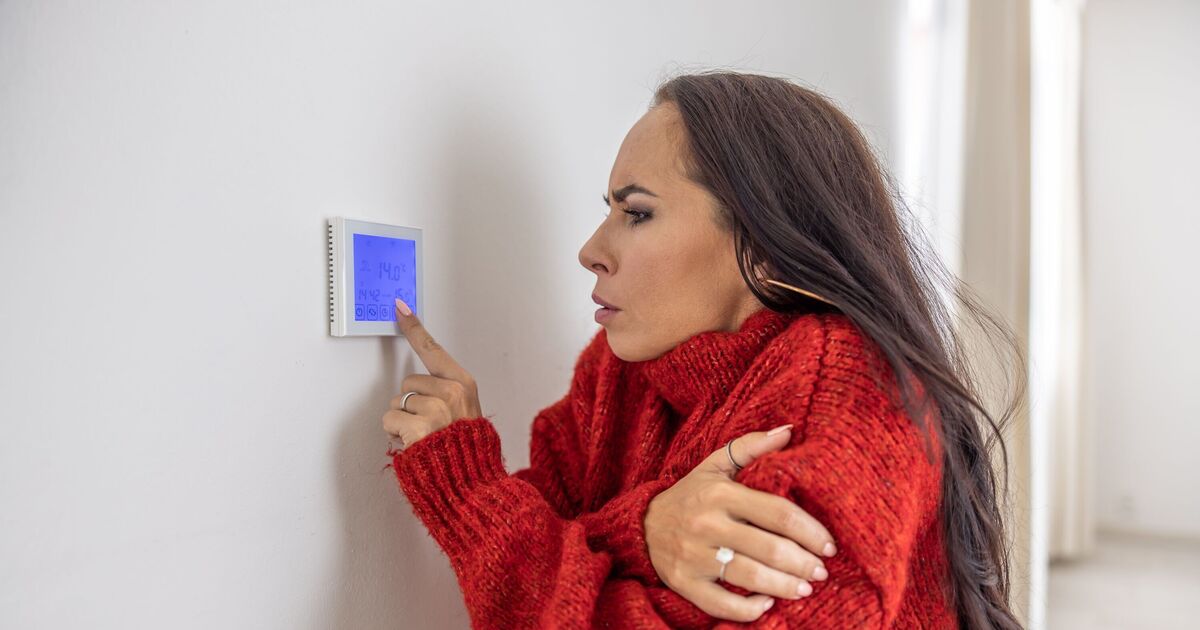
Households could save up to £119 a year on their energy bills by adopting better energy habits, according to research by comparison and switching service Uswitch.com.
A staggering 96% of households admit to at least one bad energy habit, such as leaving devices on standby or failing to use appliances efficiently. This could be costing them money.
Among the top culprits are kitchen appliances, like washing machines and dishwashers – some of the biggest energy consumers in UK homes. Small changes, such as using these appliances more efficiently or less often, could lead to significant savings.
For example, Uswitch said more than two-thirds of households (67%) set their washing machine to more than 40C, potentially adding an extra £17 to their yearly energy costs compared to washing at 30C.
Additionally, half of households (50%) run their washing machine when it’s not full, which can further increase costs. With washing machines already costing households £27 a year on average in electricity, an extra wash each week could add £7 to annual bills.
Dishwashers also contribute to higher energy bills. Running the dishwasher when it’s not full can add nearly £8 a year to energy costs. Not using the eco mode could add another £16.
Leaving the hot tap running while washing up can also be a costly mistake. A running hot tap can waste 100 litres of water in just 10 minutes, equating to an energy cost of around 20p.
Households that do this once a week could see their bills rise by an additional £10 annually.
Nearly 20 million UK households leave the TV on when no one is watching, which could add £1.94 to energy bills each year. Almost 60% (58%) of households admit to leaving lights on when no one is in the room, costing them an extra £8 annually.
The most common bad habit, however, is leaving devices on standby, with 73% of households admitting to this energy-wasting practice.
To help reduce energy consumption, the free Uswitch app allows households with a smart meter to track their energy use and find ways to cut costs. For those without a smart meter, Uswitch offers energy efficiency guides to help improve energy habits at home.
Elise Melville, energy expert at Uswitch.com, said: “Energy prices rose on New Year’s Day for millions of people on standard variable tariffs, and they’re predicted to go up again on April 1, so now’s a great time to make a New Year’s Resolution to cut your bills.
“Occasionally leaving the lights on or overfilling the kettle is only natural, but if these bad habits are the norm, you could be adding hundreds to your energy bill unnecessarily. The biggest energy guzzlers in the home usually involve heating water, so consider using the eco mode on white goods and running them only when full to keep costs down.
“It’s also important to remember that there are fixed deals on the market that could save you money. If you’re on a standard variable tariff, you could lock in lower rates for twelve months or longer by switching to a fixed deal. The average household could currently save up to £122 per year versus the price cap by fixing.”
Full list of extra annual costs of bad energy habits amounting to £119.20 a year:
- Using the tumble dryer when it’s a hot day outside – £26.93
- Letting the hot shower run while you’re not in it – £19.70
- Running the washing machine at 40C or more – £17.01
- Running the tumble dryer when it’s not full – £16.15
- Letting the hot/warm tap keep running while washing up – £10.75
- Leaving lights on when not in the room – £7.93
- Running the dishwasher when it’s not full – £7.65
- Running the washing machine when it’s not full – £6.90
- Leaving TV on when nobody is watching it – £1.94
- Leaving the fridge door open for longer than needed – £1.61
- Leaving phone charging when it’s reached max battery- £1.52
- Leaving gadgets on standby – £1.42.

















